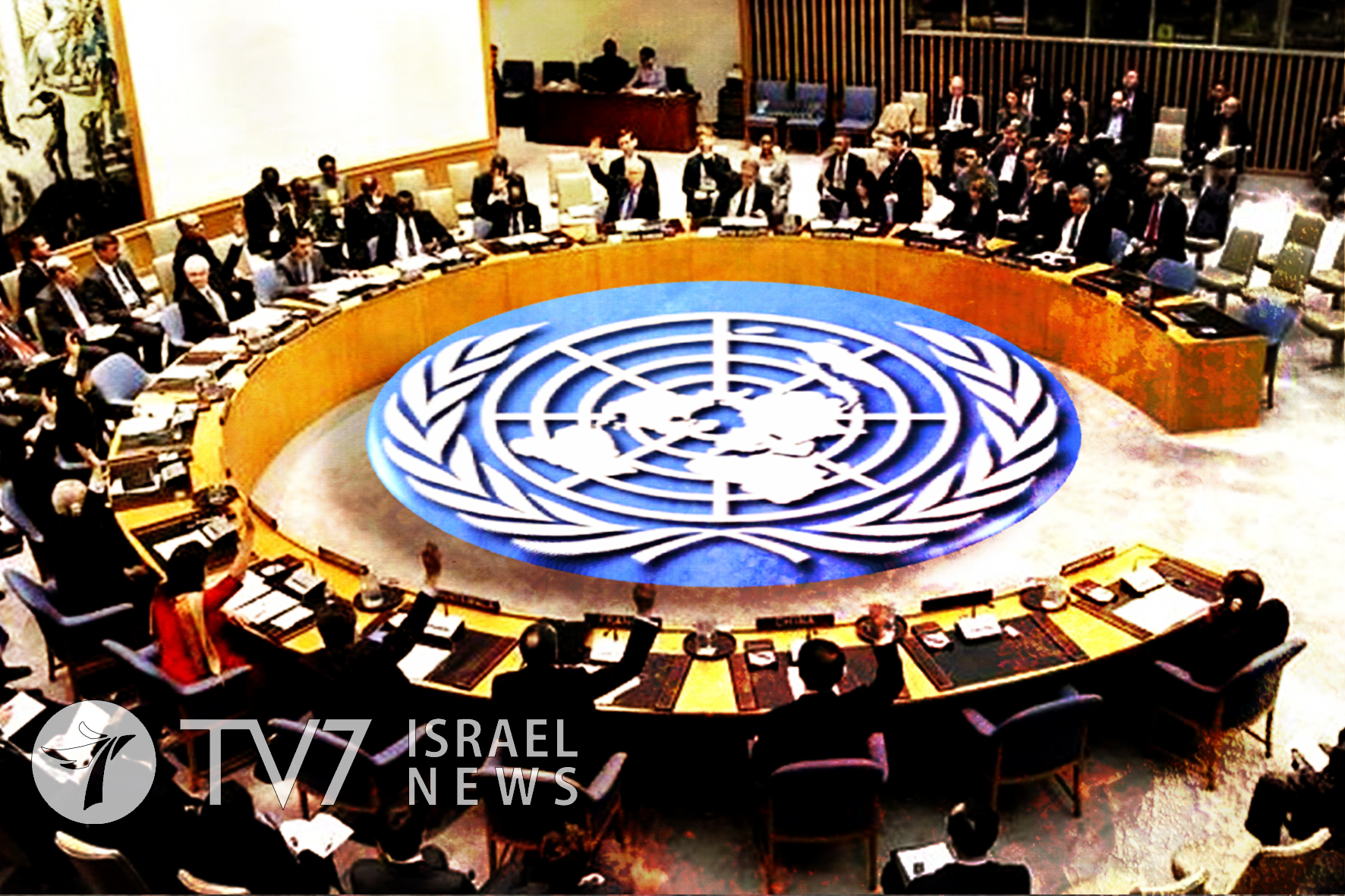Russia announced it will stop its aerial assault on the Syrian city of Aleppo for some 11 hours a day, during-the-course-of four days, a move welcomed by the United Nations which declared it to establish the needed foundation to transfer humanitarian aid into the embattled city, while evacuating the sick and wounded. Kremlin spokesman Dmitry Peskov stressed that the cessation in Russian strikes on Aleppo may be extended, unless Islamist rebels would use the ceasefire to regroup or renew attacks.
“We believe we now have all of the green lights that we need, both from the Russians and the government, and from the armed opposition groups inside… These will be evacuations of critically wounded or sick people, who will have a choice of either going to west Aleppo, which is government-controlled, or to Idlib, which is opposition-controlled.” / “This will be a very dangerous operation. A lot of things could still go wrong; we’ve learnt that from better experience. But we hope and pray that the members of the humanitarian task force – both Russia and its like-minded, the United States and its like-minded, will enable us to undertake this much-needed operation,” said Jan Egeland, Special Adviser to UN Special Envoy for Syria De Mistura.
The extension to the Russian ceasefire, even though Moscow initially rejected an option of doing so, came following a meeting between Russian President Vladimir Putin and his German and French counterparts, Angela Merkel and Francois Hollande. The French President, who refused to meet with his Russian counterpart last week in Paris unless they discussed Syria, met with Putin and Merkel in Berlin for a summit on Ukraine on Wednesday evening, after they agreed to hold separate talks on the situation in Syria. European leaders have grown increasingly angry over a Russian-backed Syrian government onslaught against Western-backed rebels in Aleppo, and the impact on some 300,000 civilians still living in the eastern part of the city. Nevertheless, European leaders recognize that Russia was key to start a political process in the war-torn-country in the future.
“I think that was correct to put forward these difficult statements, but Russia has a responsibility, a clear responsibility, with the Russian position in Syria and its influence on Assad and the lives of people, in order to see a political process in the future. And we have made that thoroughly clear to them,” said Merkel.
